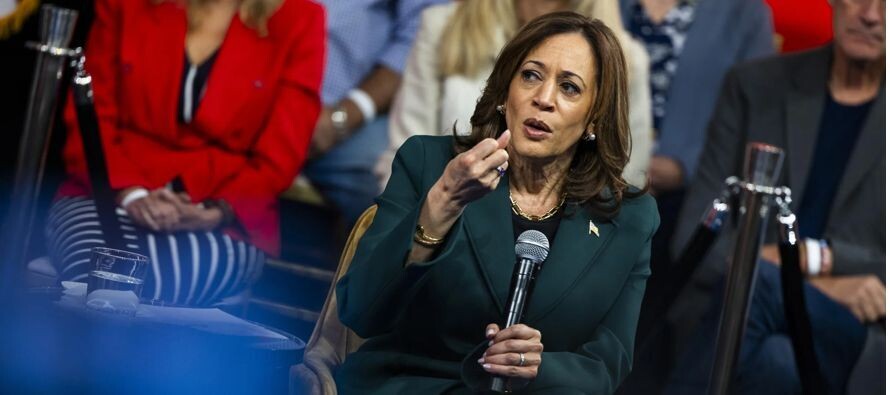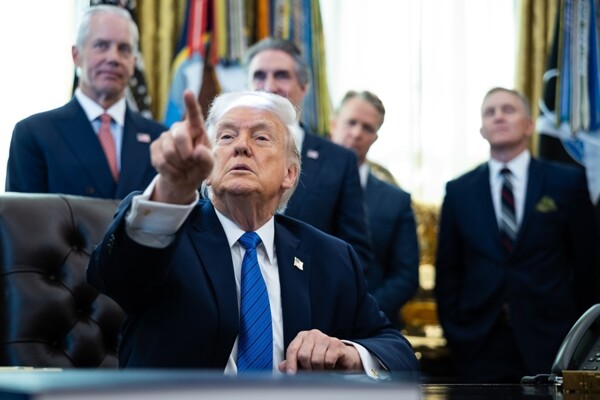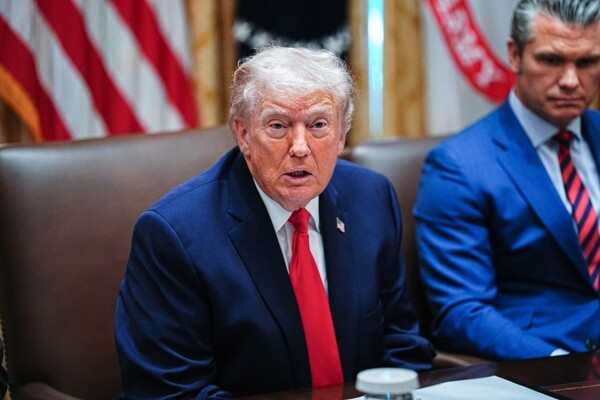
The Vice President of the United States and Democratic candidate, Kamala Harris, is close to making history by becoming the first woman and the first African American of Indian descent to access the White House. Throughout her 60 years of life, Harris has been a pioneer in various fields: being the first African American district attorney and the first woman to serve as attorney general in California, the first woman of Indian-American descent to reach the Senate, and the first woman to be elected Vice President of the United States.
Despite her achievements, Harris has chosen not to emphasize her gender or race during her electoral campaign, opting not to focus her message on these aspects, with the aim of connecting with independent and moderate Republican voters. According to experts, this strategy seeks to attract a wide spectrum of voters who often associate political leadership with male figures.
On November 5, it will be known whether Kamala Harris can break that barrier that separates women from the presidency of the United States. Despite Hillary Clinton's defeat in 2016, various analysts point out that American society has evolved and is more willing to accept a woman as president. Harris, like Barack Obama, aims to project an image of leadership capable of uniting the country beyond racial differences.
During her speech at the Democratic National Convention, Harris emphasized her preparedness to lead the country in difficult times, committing to maintain the military strength of the United States. Unlike Clinton, who made gender a central theme of her campaign in 2016, Harris prefers to focus on her abilities and achievements, without highlighting her condition as a woman. According to experts, the vast majority of voters no longer consider gender a determining factor when choosing their candidate.
In this way, Kamala Harris seeks to persuade voters by demonstrating through actions her suitability to occupy the presidency, breaking with gender stereotypes and prejudices that have long conditioned American politics.














